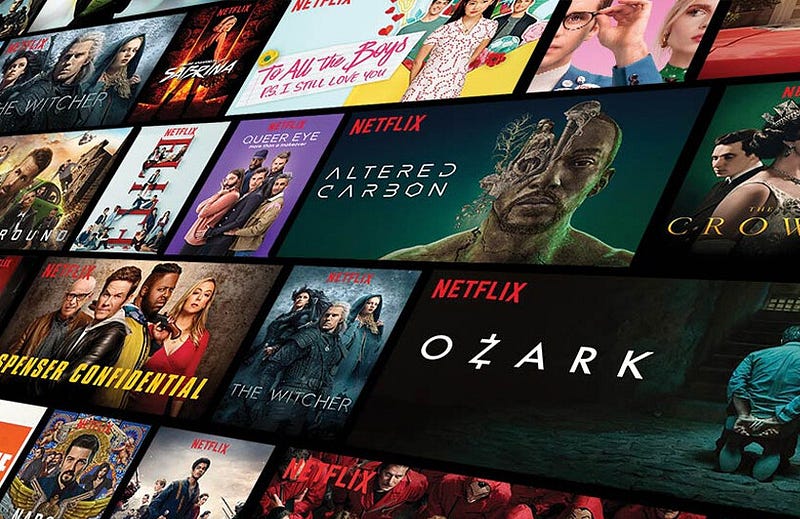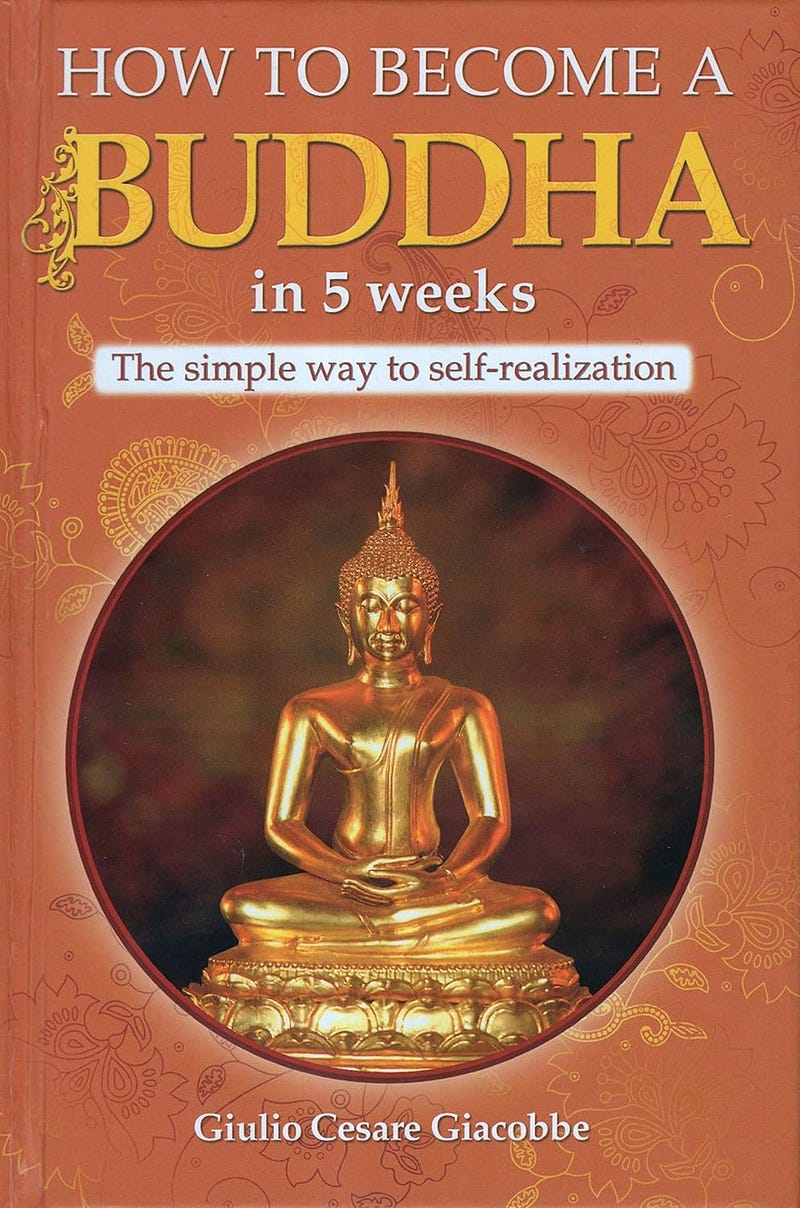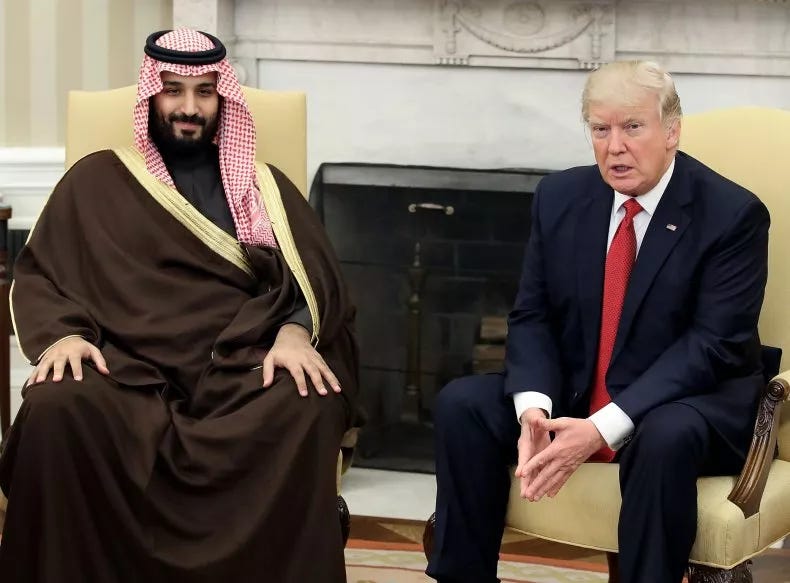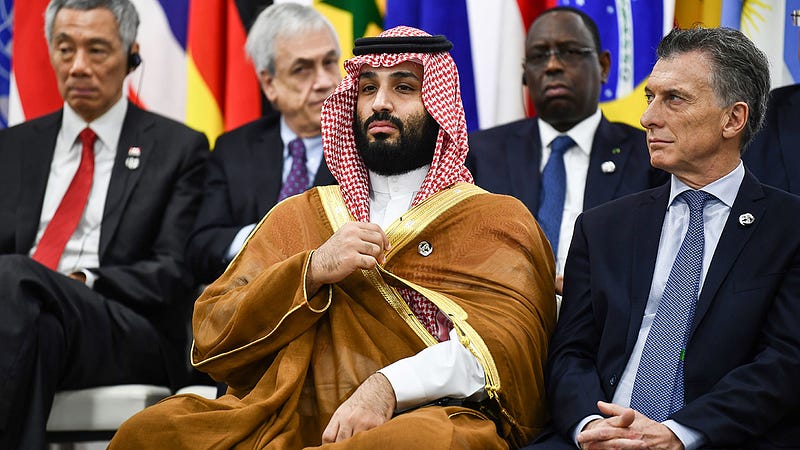100 Life-Changing Netflix Movies to Inspire You

As a Coachsultor & Philosothinkerist, I wear many hats: coach, consultant, counselor, philosopher, thinker, strategist, and futurist. My mission is to guide transformation, provoke deep questions, and envision bold futures. Netflix, beyond entertainment, is a treasure trove of stories that can spark this journey. From tales of resilience to philosophical sci-fi, these 100 life-changing movies — available on Netflix as of May 2025 — will inspire you to coach yourself, strategize smarter, counsel with empathy, and think philosophically about life’s big questions. Here’s a curated list, grouped by themes, to ignite your growth and align with the transformative power of small habits, as James Clear’s Atomic Habits teaches. Let’s dive in.
Coaching Resilience: Motivate Your Inner Drive
Great coaching starts with inspiring action. These films show how persistence and small steps lead to monumental change, perfect for sparking motivation.
- The Pursuit of Happyness (2006): Chris Gardner’s journey from homelessness to success teaches relentless goal-setting. Takeaway: Start with one small action daily toward your dream.
- The Blind Side (2009): A mentor transforms a teen’s life, showing how guidance unlocks potential. Takeaway: Seek or be a mentor to foster growth.
- The King’s Speech (2010): King George VI overcomes a stammer with coaching, proving persistence conquers fear. Takeaway: Practice one skill daily to build confidence.
- Coach Carter (2005): A coach instills discipline in a team, emphasizing accountability. Takeaway: Set clear, measurable goals for your team or yourself.
- Forrest Gump (1994): Forrest’s optimism defies odds, inspiring unwavering effort. Takeaway: Take one step forward, no matter the obstacle.
Consulting & Strategy: Think Like a Visionary
Consultants solve problems with strategic foresight. These movies highlight innovative thinking and ethical decision-making, aligning with your strategist role.
- Moneyball (2011): Billy Beane revolutionizes baseball with data, a model for creative consulting. Takeaway: Use data to challenge outdated methods.
- The Social Network (2010): The founding of Facebook showcases strategic vision and ethical dilemmas. Takeaway: Balance ambition with integrity in decisions.
- The Founder (2016): Ray Kroc’s McDonald’s empire teaches strategic scaling. Takeaway: Build systems for sustainable growth.
- Steve Jobs (2015): Jobs’ innovation highlights bold strategy. Takeaway: Focus on one game-changing idea this week.
- The Big Short (2015): Investors navigate the 2008 crisis, showing strategic foresight. Takeaway: Anticipate trends to stay ahead.
Counseling & Empathy: Heal Through Connection
Counseling thrives on emotional intelligence. These films explore healing and empathy, guiding your counseling role.
- Good Will Hunting (1997): A therapist helps a genius find purpose, showing empathy’s power. Takeaway: Listen deeply to one person daily.
- Silver Linings Playbook (2012): A man heals through relationships, teaching resilience. Takeaway: Journal one positive interaction daily.
- Inside Out (2015): An animated look at emotions boosts emotional intelligence. Takeaway: Name one emotion you feel each day.
- Room (2015): A mother and son heal from trauma, emphasizing empathy. Takeaway: Practice one act of kindness daily.
- A Beautiful Day in the Neighborhood (2019): Mr. Rogers’ compassion transforms, a counseling model. Takeaway: Ask someone, “How are you, really?”
Philosophical Inquiry: Question Reality
As a philosopher, you probe life’s big questions. These films challenge perceptions, sparking deep reflection.
- The Matrix (1999): Questions reality and free will, a philosophical goldmine. Takeaway: Reflect on one belief you hold daily.
- Inception (2010): Dreams blur reality, prompting questions about perception. Takeaway: Journal one dream to explore your subconscious.
- Interstellar (2014): A sci-fi epic on love and survival questions humanity’s purpose. Takeaway: Contemplate your legacy weekly.
- The Truman Show (1998): Explores authenticity, perfect for philosophical debates. Takeaway: Identify one inauthentic habit to change.
- Her (2013): A man’s AI romance questions consciousness, aligning with futurist thinking. Takeaway: Discuss AI’s ethics with a friend.
Futurism & Vision: Envision Tomorrow
Futurists imagine bold possibilities. These films explore technology and society, resonating with your AI and futurist interests.
- Ex Machina (2014): An AI’s sentience raises ethical questions, perfect for futurists. Takeaway: Research one AI trend this month.
- Blade Runner 2049 (2017): A dystopian future probes identity and tech. Takeaway: Envision one tech-driven change for your life.
- The Social Dilemma (2020): A documentary on social media’s impact urges ethical tech use. Takeaway: Limit screen time by 10 minutes daily.
- Okja (2017): A genetically modified creature questions future ethics. Takeaway: Choose one sustainable action weekly.
- Annihilation (2018): Evolution and change spark futurist reflections. Takeaway: Plan one innovative project this year.
More Must-Watch Films
Space limits a full list, but here are 80 more Netflix gems to inspire your Coachsultor & Philosothinkerist journey, grouped by theme:
- Coaching: Soul Surfer (2011), The Karate Kid (2010), Rudy (1993), Freedom Writers (2007), The Theory of Everything (2014), Unbroken (2014), True Spirit (2023), Simone Biles Rising (2024), The Greatest Night in Pop (2024), Queen of Katwe (2016).
- Consulting: Enron: The Smartest Guys in the Room (2005), The Laundromat (2019), Margin Call (2011), The Informant! (2009), The Wolf of Wall Street (2013), The Post (2017), Hidden Figures (2016), The King (2019), Darkest Hour (2017), Invictus (2009).
- Counseling: The Perks of Being a Wallflower (2012), The Fault in Our Stars (2014), Boy Erased (2018), The Soloist (2009), On the Basis of Sex (2018), To Kill a Mockingbird (1962), Southpaw (2015), American Symphony (2023), The Fundamentals of Caring (2016), Pamela, a Love Story (2023).
- Philosophical: Cloud Atlas (2012), Arrival (2016), Eternal Sunshine of the Spotless Mind (2004), Gattaca (1997), The Tree of Life (2011), I’m Thinking of Ending Things (2020), Roma (2018), The Harder They Fall (2021), Don’t Look Up (2021), The Little Prince (2015).
- Futurist: Transcendence (2014), Lucy (2014), Ad Astra (2019), Black Mirror: Bandersnatch (2018), The Midnight Gospel (2020), Troll (2022), The Old Guard (2020), The Imaginary (2024), Behind the Curtain: Stranger Things (2025), Plankton: The Movie (2025).
- Inspirational: The Boy Who Harnessed the Wind (2019), Rustin (2023), 42 (2013), Lion (2016), Amélie (2001), The Intouchables (2011), Life of Pi (2012), Dead Poets Society (1989), The Green Mile (1999), A Beautiful Mind (2001).
- Animated: Soul (2020), Coco (2017), Zootopia (2016), Kubo and the Two Strings (2016), Moana (2016), Klaus (2019), Finding Dory (2016), Big Hero 6 (2014), Up (2009), The First Slam Dunk (2022).
Your Call to Action
These films aren’t just stories — they’re catalysts for change. As a Coachsultor & Philosothinkerist, I challenge you to watch one movie this week and apply its lesson. Feeling stuck? Watch The Pursuit of Happyness and take one small step toward a goal. Questioning reality? Dive into The Matrix and journal your beliefs. Seeking a vision? Explore Ex Machina and research AI’s future. Share your insights in the comments or with a friend to spark transformation. Which movie will you watch first to unleash your inner Coachsultor & Philosothinkerist?
Note: Netflix’s catalog varies by region. Check availability or explore similar platforms for these titles.


